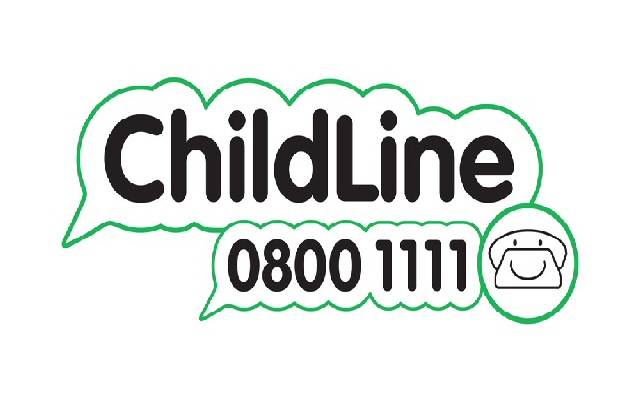Childline reports increase in children counselled for worries about gender and sexual identity
Date published: 08 June 2019

ChildLine logo
In Greater Manchester, the number of Childline counselling sessions for young people regarding gender and sexual identity rose to 537 in 2018/2019.
The number of counselling sessions for young people concerned about coming out rose by almost 47% - from 145 in 2017/2018, to 213 in 2018/2019.
Nationally, the NSPCC-run service carried out 6,014 counselling sessions with children and young people about issues relating to gender and sexuality last year, on average 16 every day.
Among these counselling sessions the NSPCC-run service saw a 40 per cent increase in concerns about coming out, from 1,508 counselling sessions in 2017/18 to 2,110 in 2018/19.
During Pride month Childline is raising awareness of LGBTQ+ issues amongst young people, from understanding your sexuality to coming out and has been working with influencers and celebrities from Munroe Bergdorf to TOWIE’s Demi Sims.
The NSPCC wants to remind all young people that Childline is confidential and there for them if they have any concerns about their gender or sexual identity.
The transgender page on the Childline website has seen around an 80% increase in number of page views between 2017/18 and 2018/19.

Children as young as 11 who spoke to Childline about their gender or sexual identity spoke about experiences of bullying and issues with their mental or emotional health.
One boy told counsellors: “I have been feeling depressed and suicidal for about three years. My parents don't understand me at all. I came out as Trans and they think it’s just a phase and refuse to accept me. I am in pain.”
The most common age group to contact Childline about these issues were 12 to 15-year olds, and 409 of the counselling sessions were with 11-year-olds or younger.
Munroe Bergdorf, Model, Activist and Childline LGBTQ+ campaigner said: “There’s nothing wrong with being LGBTQ+, expressing your gender or even being unsure of your gender. No-one should ever make you feel like you shouldn’t exist because you feel differently to them.
“Don’t let anyone tell you that your emotions or feelings don’t matter because if you hear it enough it will break you. Find friends, teachers, parents or organisations like Childline who you can open up to and express any worries or concerns you have.”
Homophobic bullying was mentioned in 573 counselling sessions and can discourage young people from speaking out about sexuality or gender identity.
Another young person told Childline: “I’m getting bullied by people at my school because I am bisexual. They call me horrible names and tell me I should kill myself. I feel depressed about it all the time. I have tried talking to people about it for support, but they just tell me I should ignore the bullies, which doesn’t help.”
Dame Esther Rantzen, Founder and President of Childline said: “I have met young people who were desperately unhappy because they couldn’t talk to anyone about issues regarding their sexuality or gender, and often turn to Childline because they fear they would lose their friends and be rejected by their families if they disclosed their feelings to them. So, I am glad that they felt able to talk to Childline and reveal their feelings without being judged or stigmatised.
“I know that some adults feel uncomfortable talking about these issues with young people, but if we create a taboo around them, that can make children feel guilty, rejected and in some cases has even led to depression and even suicide. We all need to listen sensitively and support young people and protect them from this profound unhappiness and loneliness.”
Adults concerned about a child can contact the NSPCC helpline seven days a week on 0808 800 5000, or email help@nspcc.org.uk
Children can call Childline anonymously on 0800 11 11 or visit www.childline.org.uk any time of the day or night.
Do you have a story for us?
Let us know by emailing news@rochdaleonline.co.uk
All contact will be treated in confidence.
Most Viewed News Stories
To contact the Rochdale Online news desk, email news@rochdaleonline.co.uk or visit our news submission page.
To get the latest news on your desktop or mobile, follow Rochdale Online on Twitter and Facebook.

